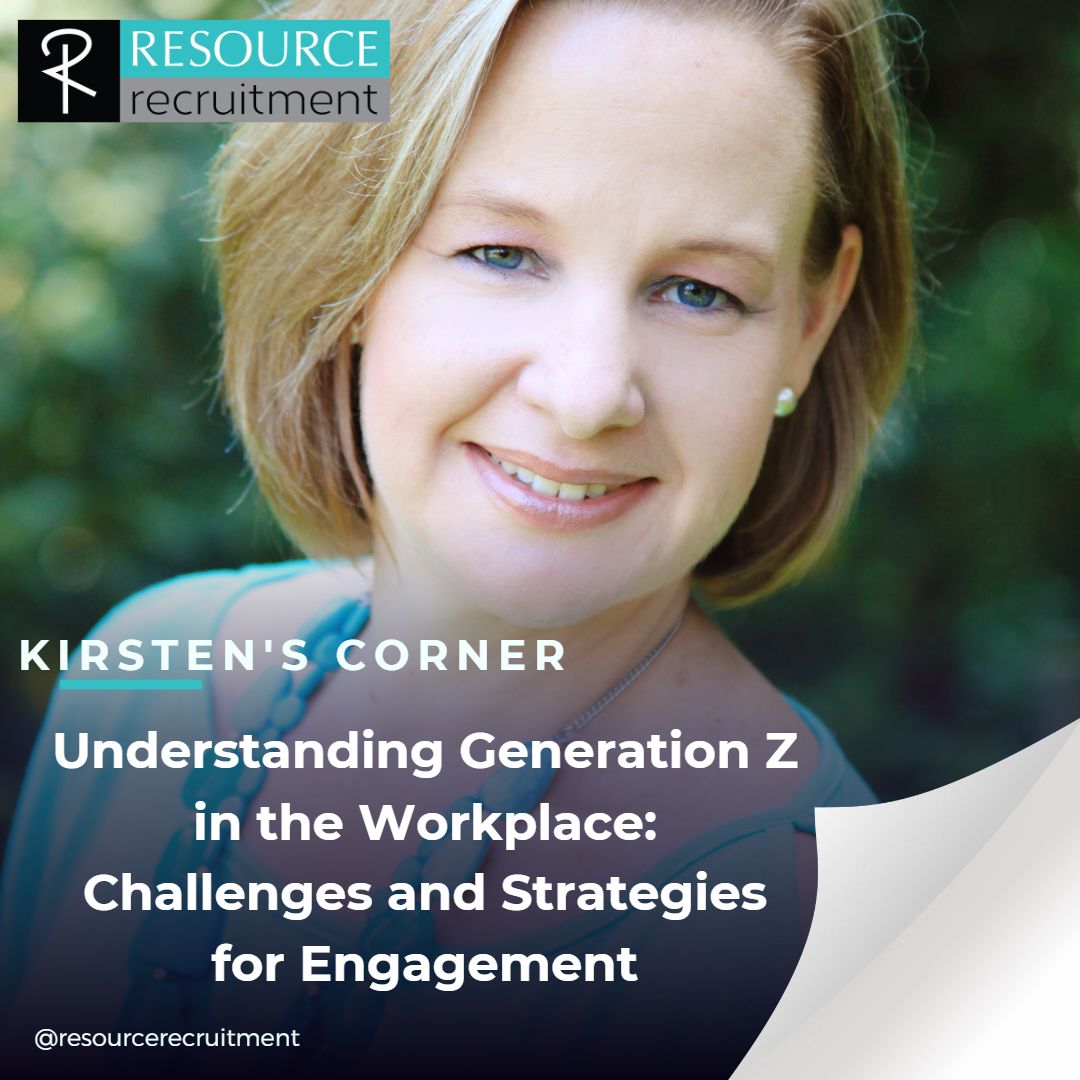
17 May Understanding Generation Z in the Workplace: Challenges and Strategies for Engagement
Understanding Generation Z in the Workplace: Challenges and Strategies for Engagement
Generation Z, also known as Gen Z or Zoomers, refers to individuals born between the mid-1990s to the early 2010s. They are the youngest generation in the workforce and have grown up in a rapidly evolving world shaped by technology and globalization.
Despite being the most educated and diverse generation, Gen Z is often perceived as disengaged and difficult to retain in the workplace. There are several reasons why this may be the case.
A desire for meaningful work: Gen Z is motivated by more than just a paycheck. They want to work for companies that align with their values and have a positive impact on society. According to a study by Deloitte, 76% of Gen Z respondents said they would take a pay cut to work for a company that aligns with their values.
Work-life balance: Gen Z prioritizes their personal life and mental health, and they are not willing to sacrifice them for work. They value flexibility and remote work options, and they are willing to switch jobs to find a better work-life balance.
Technology: Gen Z has grown up with technology, and they expect their workplaces to keep up. They want to work with the latest tools and technology, and they expect their employers to provide training and development opportunities.
Diversity and inclusion: Gen Z is the most diverse generation in history, and they expect their workplaces to reflect this diversity. They value inclusivity and want to work for companies that prioritize diversity and inclusion.
Career development: Gen Z is ambitious and wants to advance their careers quickly. They expect their employers to provide clear paths for career development and growth opportunities.
To engage Gen Z in the workplace, employers need to create a culture that aligns with their values and provides opportunities for personal and professional growth. This includes providing meaningful work, promoting work-life balance, investing in technology and training, prioritizing diversity and inclusion, and offering clear career development paths. By doing so, employers can attract and retain the youngest generation in the workforce and benefit from their unique perspectives and skills.



